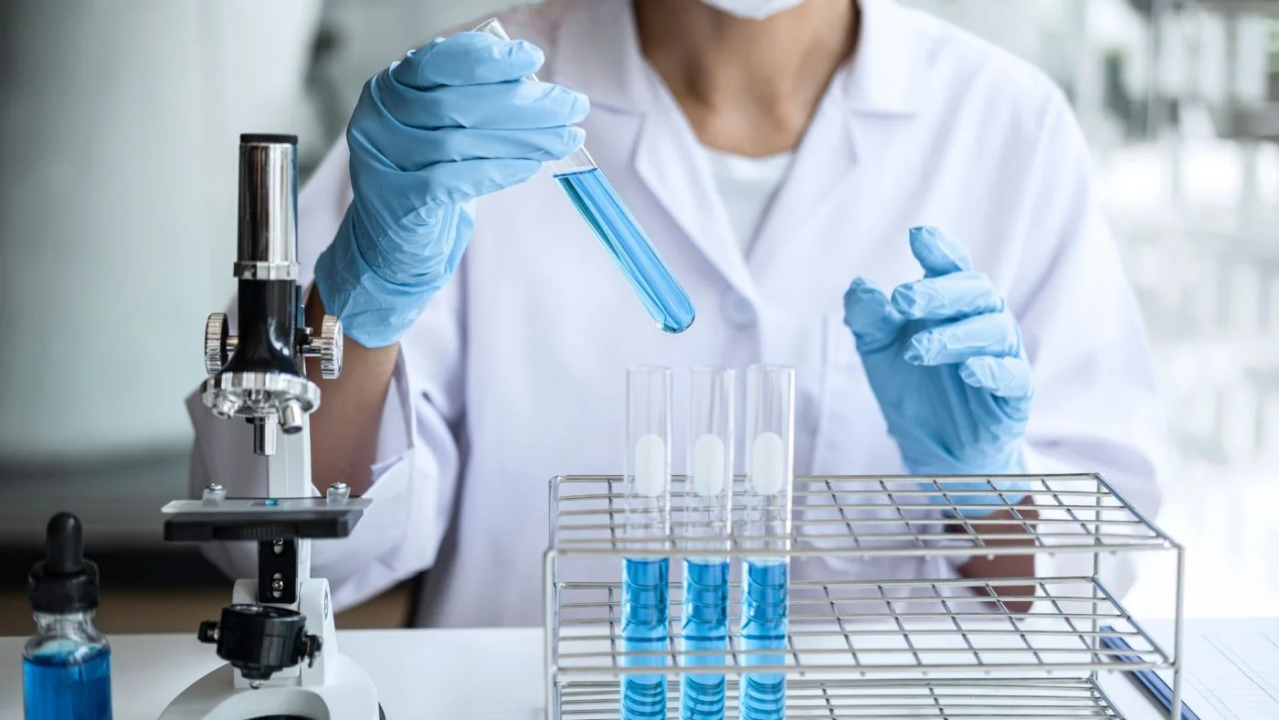Research Antibodies: Contributions to Genomics and Proteomics

Antibodies play a vital role in biomedical research today. Since their discovery in the late 19th century, antibodies have become indispensable tools for scientists seeking to understand biological processes at the molecular level. By recognizing and binding to specific molecular structures called antigens, antibodies allow researchers to visualize, isolate and quantify molecules of interest. This high specificity makes antibodies extremely useful for a wide variety of applications across diverse fields such as immunology, proteomics, neuroscience and cancer research.
Types of Research Antibodies
There are several different types of antibodies used in research, each suited to specific purposes:
Polyclonal Antibodies - Produced by immunizing animals with an antigen, polyclonal antibodies recognize multiple epitopes on the antigen. They provide high sensitivity but lower specificity than monoclonal antibodies. Commonly used for ELISA and Western blot assays.
Monoclonal Antibodies - Generated from identical immune cells cloned from a single parent cell. Each monoclonal recognizes a single distinct epitope, conferring high specificity. Extensively used for applications like immunohistochemistry, immunoprecipitation and flow cytometry.
Recombinant Antibodies - Developed using antibody engineering techniques like phage display to derive antibodies from recombinant libraries. Offer enhanced affinity, stability and lack of immunogenicity compared to conventional monoclonal antibodies.
Self-Labeling Tags - Genetic tags like GFP, FLAG and HA enable direct visualization and affinity purification of fusion proteins without requiring an antibody. Useful when endogenous antibody binding sites need to remain available.
Choosing the Right Antibody
With the vast array of antibodies now available, selecting the appropriate one for a given application requires careful consideration of key factors:
Specificity - Verified recognition of the target antigen/epitope with minimal cross-reactivity is essential. Antibody validation data should always be scrutinized.
Affinity - Higher affinity antibodies are preferable, with dissociation constants in the low picomolar or nanomolar range.
Format - Options include purified immunoglobulins or antibody fragments like Fabs depending on intended use.
Species of Origin - Consider host species compatibility with detection systems and targets.
Application - Technique-specific attributes like isotype, tag presence, fluorophore conjugation need alignment.
Quality - Products should originate from trusted, experienced suppliers with a proven track record.
Thus, understanding antibody characteristics and choosing the right reagent is pivotal for achieving reliable and reproducible results. Validation assays help ascertain antibody suitability early.
Major Antibody Applications
From illuminating protein localization to quantifying expression levels, antibodies enable diverse experimentation across disciplines:
Immunohistochemistry/Immunofluorescence - Used extensively to visualize protein distribution and subcellular architecture in fixed tissues/cells.
Western Blotting - Detects target proteins separated by gel electrophoresis, allowing relative abundance and post-translational modifications to be studied.
Co-Immunoprecipitation - Pulls down native protein complexes for identification of interacting partners via mass spectrometry.
Flow Cytometry - Analyzes cell surface/intracellular markers in hundreds of thousands of individual cells within a mixed population.
ELISA - Sensitive quantification of antigens in samples via colorimetric detection, widely employed for biomarker research.
Immunoprecipitation - Isolates proteins of interest from crude lysates along with any tightly bound interactors.
Antibody Arrays - High-throughput profiler of >1000 proteins across thousands of samples on nitrocellulose or glass slide platforms.
Thus, through well-designed studies exploiting high-affinity antibodies, scientists continue unlocking biological mysteries at the molecular level.
Quality Considerations for Research Antibodies
To get meaningful results, it is imperative antibodies function as expected. Key quality attributes include:
Specificity - Monoclonal core panel characterization ensures monospecific reactivity.
Stability - Proper storage conditions and concentrations maintain performance over time.
Affinity - Dissociation constants are tested to guarantee sensitivity.
Lot-to-Lot Consistency - Robust production yields uniform binding between batches.
Purity - Secondary antibody and protein contaminations are absent.
Concentration Accuracy - Reported and actual concentrations coincide.
Application Testing - Validation in relevant techniques demonstrates reliability.
Regulatory Compliance - Manufacturing meets ethical and safety standards.
Comprehensive validation data and technical support lend confidence in antibody quality. Independent validation may still be prudent prior to critical experiments. Reliable antibodies are the foundation for reproducible and impactful scientific findings.
In summary, through advances in antibody engineering and production techniques, the antibody toolkit available to researchers has expanded enormously. When carefully selected and rigorously validated, high-quality research antibodies remain indispensable partners for pushing the frontiers of science.
- Art
- Causes
- Crafts
- Dance
- Drinks
- Film
- Fitness
- Food
- Jogos
- Gardening
- Health
- Início
- Literature
- Music
- Networking
- Outro
- Party
- Religion
- Shopping
- Sports
- Theater
- Wellness
- IT, Cloud, Software and Technology


